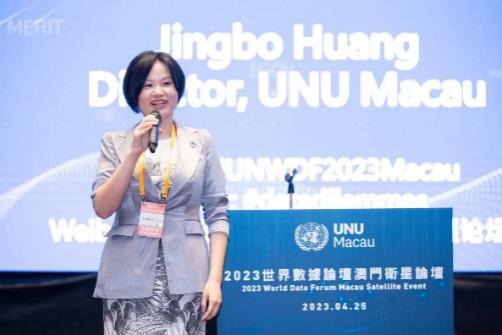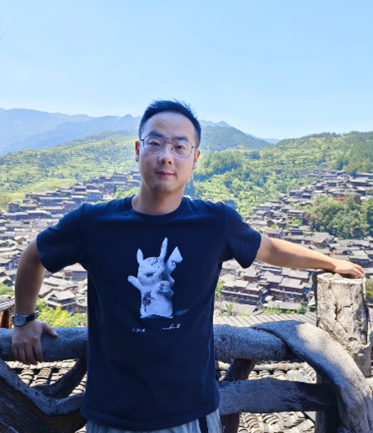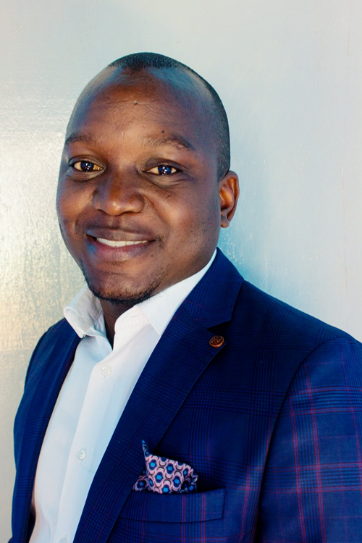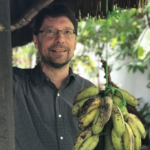United Nations University Digital Technology and Sustainable Development Talent Programme Youth Scholar Training Camp is now recruiting SJTU great candidates for Winter 2024 research program.
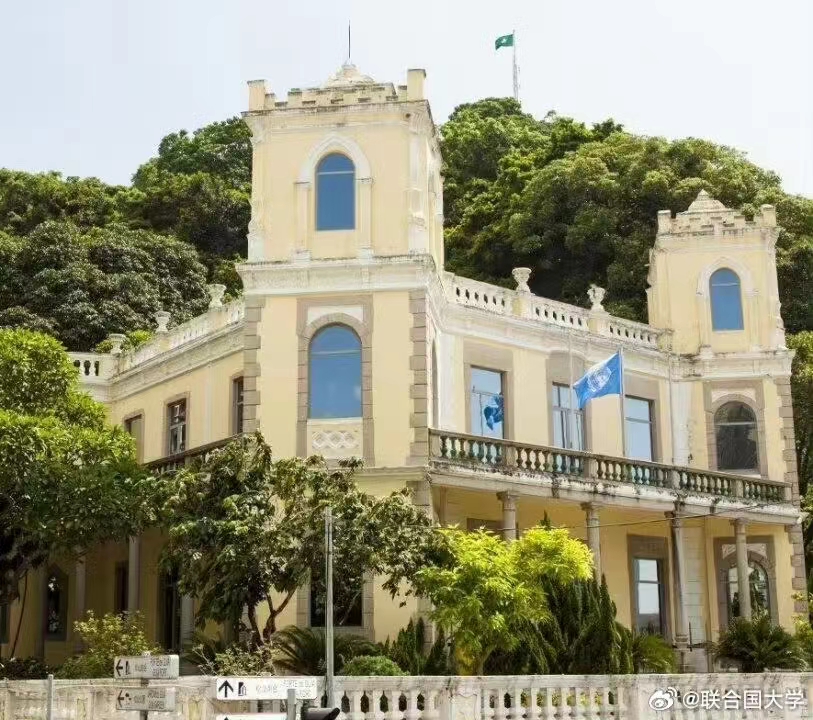
1. Program Overview
The UNU Digital Technology and Sustainable Development Talent Program (UNDSDP) is a talent development programme initiated by the United Nations University Institute in Macau (UNU Macau). This programme is aimed at sharing policy relevant research results on digital technology and sustainable development and providing reserve talents for relevant international organizations.
The Youth Scholar Training Camp is a programme for young scholars either currently enrolled in Higher Education Institutions or in early career research positions. The programme aims to cultivate young people's strategic vision and leadership potential, to develop their research skills and knowledge of digital technology to achieve the Sustainable Development Goals (SDGs), provide interaction opportunities within the United Nations, support professional career development, expand global competencies, and prepare for working within international organizations.
Participants will complete 1 week of online training and 1 week in person session in Macau. They will:
- Receive lectures and engage in interactive workshop sessions
- Learn to conduct research using various research methodologies
- Design and develop a research proposal in small groups
- Present the group projects to peers and judges
- Form an alumni network with their peers
- Improve understanding of the UN and career development within the UN
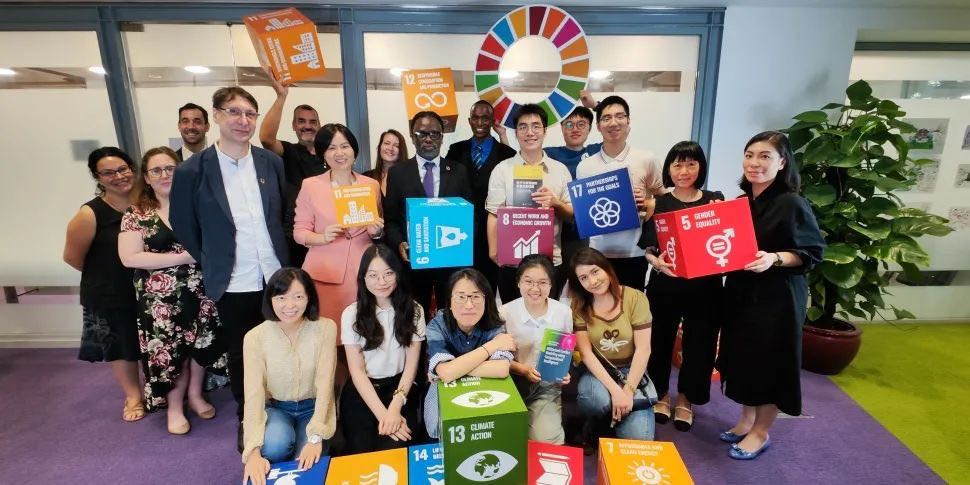
2. Topic of Winter Session, 2024
Growing Up Digital: Youth, Technology, and Sustainability
Digital technologies are transforming every aspect of our lives including work, education, entertainment, health, and social connection. They offer opportunities for innovation and social good but also pose significant challenges and risks, such as ethical dilemmas, privacy issues, and potential issues associated with overuse and well-being. Therefore, it is crucial to understand how growing up with omnipresent digital technologies is influencing the way young people think, feel, and act and to consider what implications this might have on health and well-being. Young people need to become empowered as digital leaders and have a deep understanding of the challenges and opportunities of technology poses in meeting the SDGs. This programme is designed to equip participants with the knowledge and skills to engage in policy-relevant research on youth, technology and sustainability as well as to gain an understanding of career pathways in the United Nations. Participants will learn from a group of multidisciplinary experts in digital technologies and explore the impact and implications of digital transformation for youth and society. They will also work in groups to develop their own research proposals on relevant topics and present them to a panel of judges. By participating in this programme participants will be able to identify and formulate relevant and feasible research questions, learn about the influence of emerging technologies on youth development, and how to identify and build their career prospects and presentation skills.
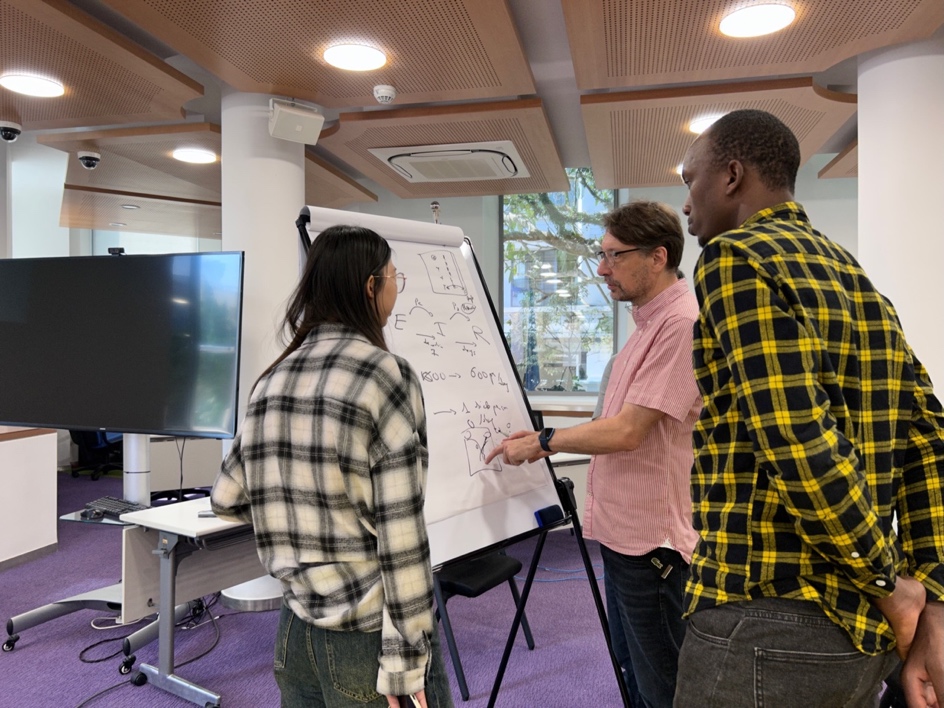
3. Target Audience:
- Undergraduate students (juniors and above), Graduate students;
- Enrolled in a discipline with a focus on social science, education, international relations, communications, science, engineering or similar areas;
- Interested in the United Nations and sustainable development, have some level of research background;
- Program is taught in English, so proficient English reading, listening, speaking, and writing skills are required;
- Plan to recruit 24 qualified SJTU students.
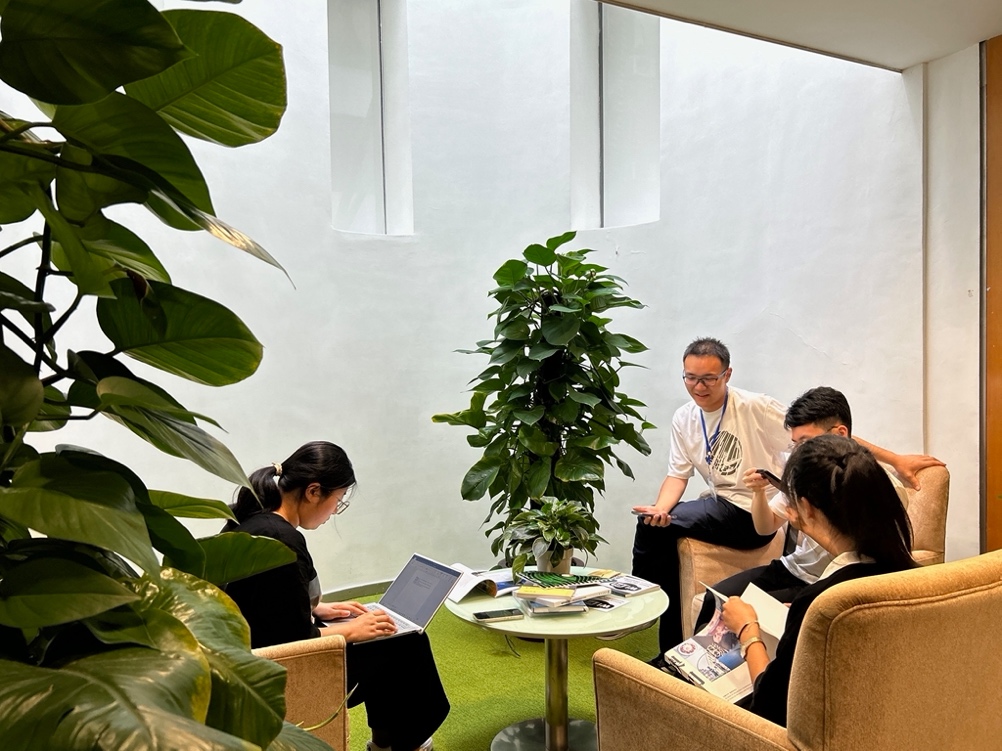
4. Programme Objectives:
The programme will focus on applied research with a focus on the SDGs and digital technologies. At the end of the programme, participants are expected to:
- Enrich their toolbox of research methodologies;
- Experience working in an inter-disciplinary team and co-create solutions for global pressing issues;
- Complete a research proposal with the guidance of the UNU Macau professors
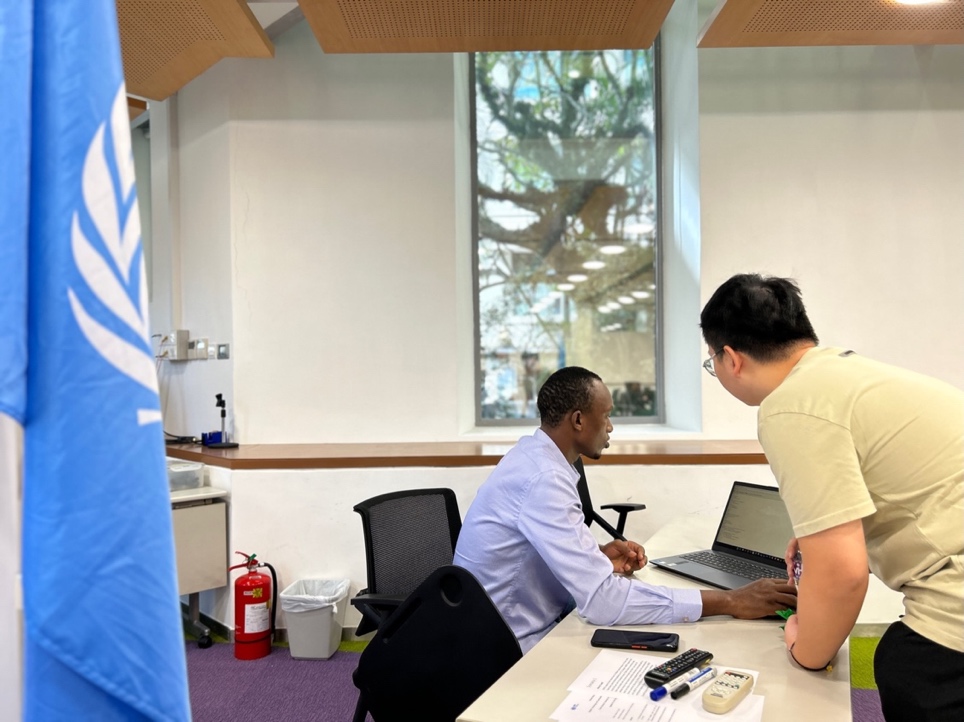
5. Upon completion of the programme, participants will
- Receive certificates of completion issued by UNU Macau; award certificates will be given to participants with the highest rated projects and individuals identified as having high levels of performance during the programme.
- Form an alumni network with the existing and future participants
Outstanding participants will
- Receive internship opportunities with UNU Macau
- Be invited back to the future editions of the programme to share their experiences.
6. Tentative Dates:
Online: 22nd -25th January, 2024
Face to face: 28th January – 4th February, 2024
Training Timetable
|
ONLINE SESSIONS |
||
|
Date |
Time: 9:30am - 10:30am |
|
|
Monday 22nd Jan |
Growing Up Digital: Programme Introduction |
|
|
Tuesday 23rd Jan |
The SDGs and tech: An Introduction |
|
|
Wednesday 24th Jan |
The research application – impact pathway |
|
|
Thursday 25th Jan |
Research and Presentation Skills |
|
|
Friday 26th Jan |
Careers in the UN 1: Introduction of the UN internal occupations |
|
|
Note: Homework will be set during the week for self-study |
||
|
IN-PERSON SESSIONS |
||
|
Date |
Morning Session (9:30am - 12:30am) |
Afternoon Session (2:00pm-5:00pm) |
|
Monday 28th Jan |
|
|
|
Monday 29th Jan |
|
|
|
Tuesday 30th Jan |
|
|
|
Wednesday 31st Jan |
|
(on site enterprise visit) |
|
Thursday 1st Feb |
|
|
|
Friday 2nd Feb |
|
|
|
Saturday 3rd Feb |
|
|
|
Sunday 4th Feb |
|
|
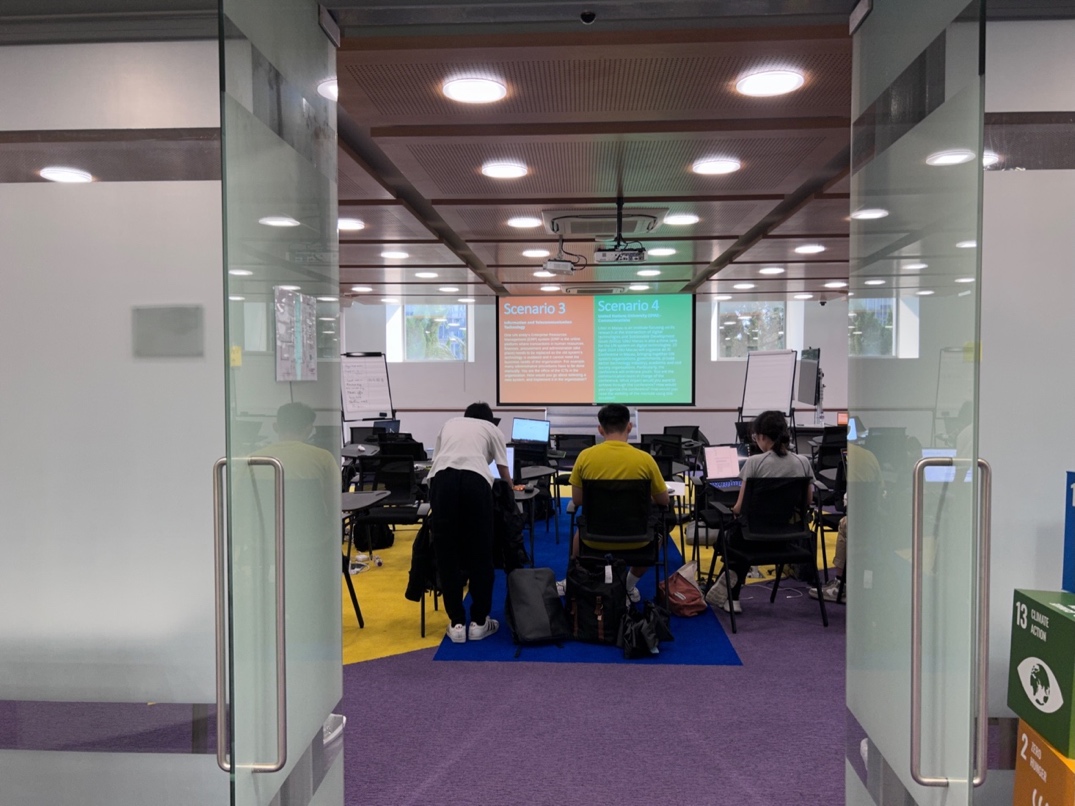
7. Programme Application Deadline:
December 10th, 2023
8. Programme Fee:
- ¥18,000/person covers tuition fee, round-trip transportation cost (airport transportation included) accommodation fee, and insurance;
- SJTU students who are qualified and successfully enrolled in the program will receive ¥5,000 school funds per person.
9. Application Process:
Please fill out the questionnaire if you are interested in the program: https://wj.sjtu.edu.cn/q/3aiLVNA6
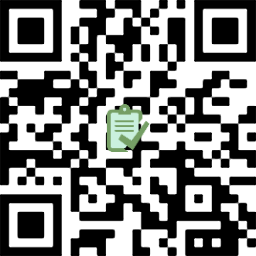
10. United Nations University Institute in Macau
The United Nations University Institute in Macau is a UN global think tank on Information Communication Technologies for Development (ICT4D). Part of the UN family and the UNU network, the Institute works with UN Member States, UN entities, regional bodies, non-governmental organisations (NGOs), academia, and the private sector to explore how digital technologies can be leveraged for sustainable development. The Institute remains a neutral body within the UN system and exercises its academic freedom to bring forward research evidence for decision-making. It is also mandated to educate the next generation of ICT4D talent from the Global South.
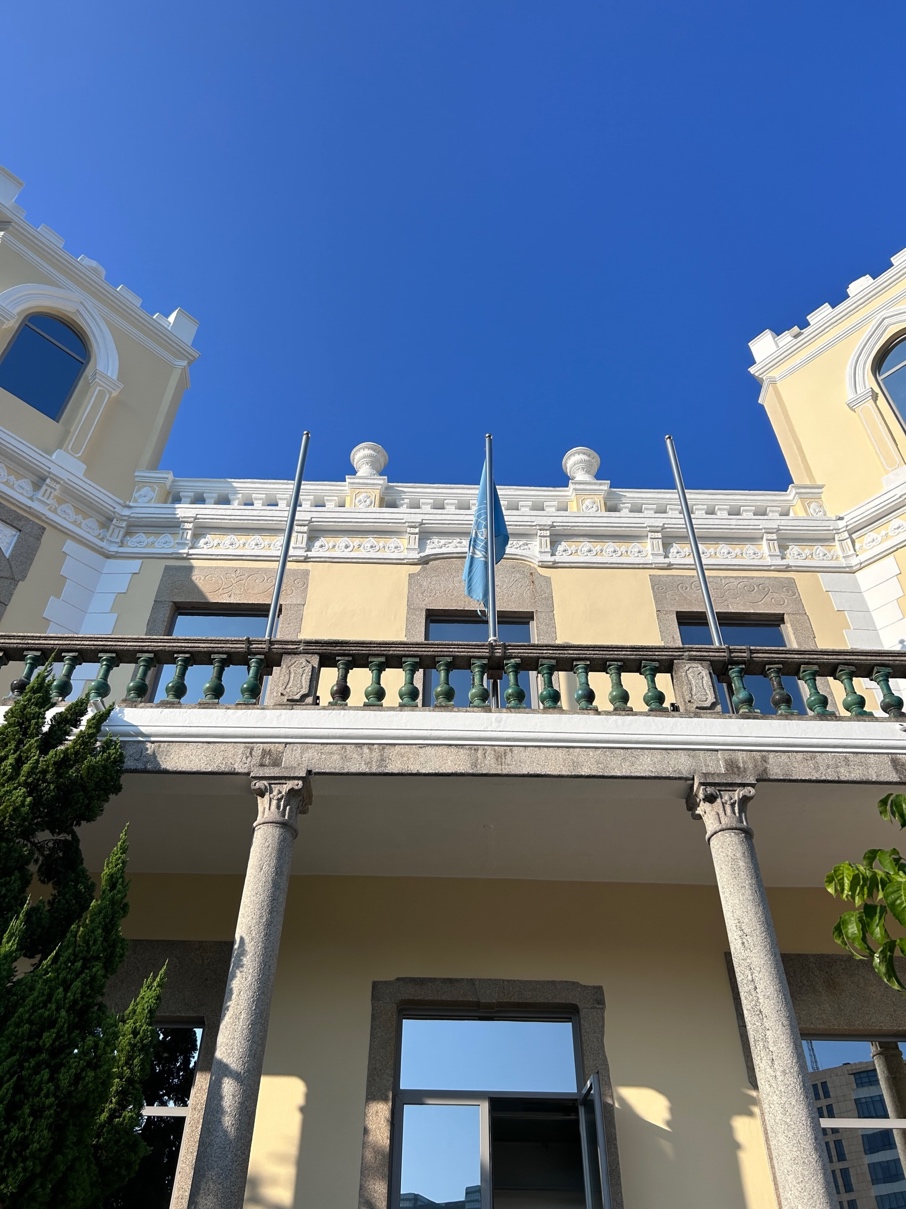
11. Bio of teachers (Partially)
|
|
Jingbo Huang, Director, UNU Macau Dr. Jingbo Huang is currently the Director of the United Nations University Research Institute in Macau. She has 20 years of UN working experience. She has held various managerial positions in the UN Secretariat, UNDP, UNESCO, UNSSC and UNU. Jingbo received her Doctor of Education degree from Columbia University. She also holds a Master’s degree from Institut d’Etudes de Grenoble, France, and the second Master’s degree from Indiana University-Bloomington. She graduated from Peking University, with bachelor's degrees in economics and French. |
|
|
Lyu Huantian, Operations Manager, UNU Macau Huantian is working as the Operations Manager at UNU Macau. He holds a Master’s degree in Public Administration from the University of Chinese Academy of Sciences. Before joining UNU, Huantian worked in Chinese military for 7 years, during which he participated in UN Peacekeeping Mission in Liberia. After his service in military, he moved on to Ministry of Human Resources and Social Security, China. Over the years, he has gained rich practical experiences in inter-governmental affairs. |
|
|
Ronald Musizvingoza, Researcher, UNU Macau Ronald is a Researcher at the United Nations University Institute in Macau. Ronald’s work at the intersection of gender equality (SDG5), health, and well-being (SDG3). He has led and supported projects that generate and synthesizes research evidence, analysis, and policy recommendations on key policy areas around the gendered dimensions of digital technologies for health, with a focus on the translation of evidence to policy and practice-based learning in low- and middle-income countries. He is also interested in developing innovative methodologies that use digital data as a complement to traditional data sources to monitor and advance sustainable development goals. |
|
|
Serge Stinckwich, Head of Research, UNU Macau Serge is a computer scientist and the Head of Research at the United Nations University Institute in Macau. Over the years, Serge Stinckwich developed an innovative research program about modelling and simulation of complex systems at the intersection of several scientific disciplines applied to developing countries’ issues. His research interests are domain-specific languages and tools that ease the tasks of non-computer experts to model, simulate and analyze complex systems. He has applied his work to Epidemiology, Environmental Monitoring and Disaster Management. |
|
|
Jaimee Stuart, Senior Researcher, UNU Macau Jaimee is a Senior Researcher and Team Lead at United Nations University Institute in Macau. She is an applied cultural and developmental psychologist who specialises in digital health and wellbeing. Her recent research projects have examined a broad range of issues related to social justice, peace, and development, such as gendered influences on cybersecurity and AI, cyberbullying, social media literacies, digital competencies, parenting and technology, online disinhibition and the impact of emerging technologies on mental health. Before joining UNU Macau, Jaimee worked as the Research and Evidence Lead at Pathways in Place, Australia, where her work focused on co-creating solutions with the community to address place-based disadvantage. She has also worked as an academic at Griffith University and Victoria University of Wellington, as a Senior Evaluator for the NZ Ministry of Defence, and as a Research Fellow at the University of Auckland. |
|
|
Min Yang, Researcher, UNU Macau Min Yang is a researcher at the United Nations University Institute in Macau who is passionate about building a sustainable and peaceful future for all through knowledge generating and sharing. Before joining the United Nations University Institute in Macau, she worked for the Social and Human Sciences Sector in UNESCO.. Min has experience of working in different media organizations as a journalist and editor. She was awarded the Global Governance Futures 2030 fellowship over the course of 2018 and 2019, and the German-China media ambassador in 2015. As a freelance writer for the Goethe-Institut China, she published articles on the humanities and environmental protection. Min holds a bachelor of information management and information system, a master of journalism and communication, and a PhD of communication studies. |
Program Inquiry:
Yijun LIU, Project Manager, Global Competence Office
Email: yijunliu518@sjtu.edu.cn


